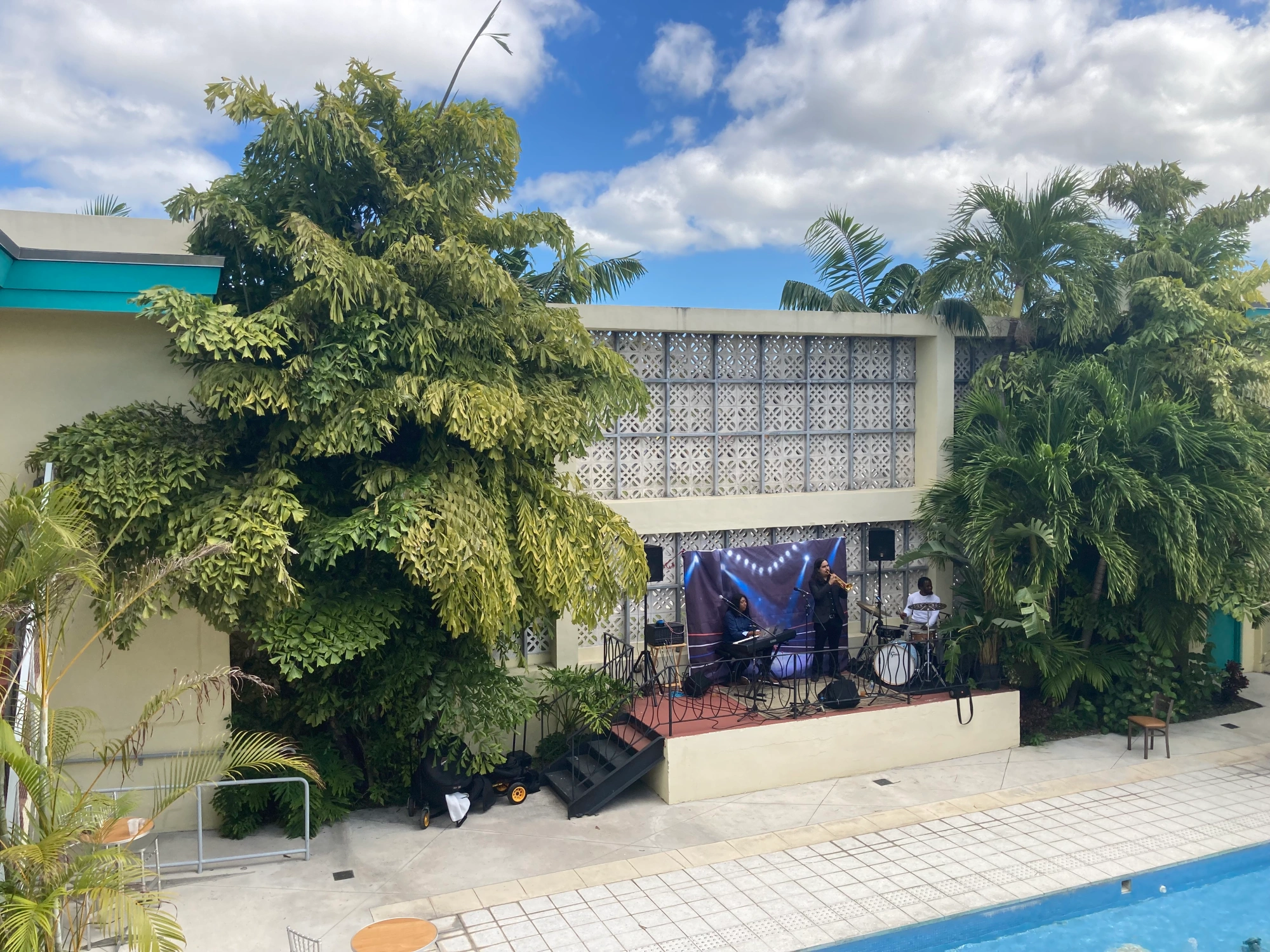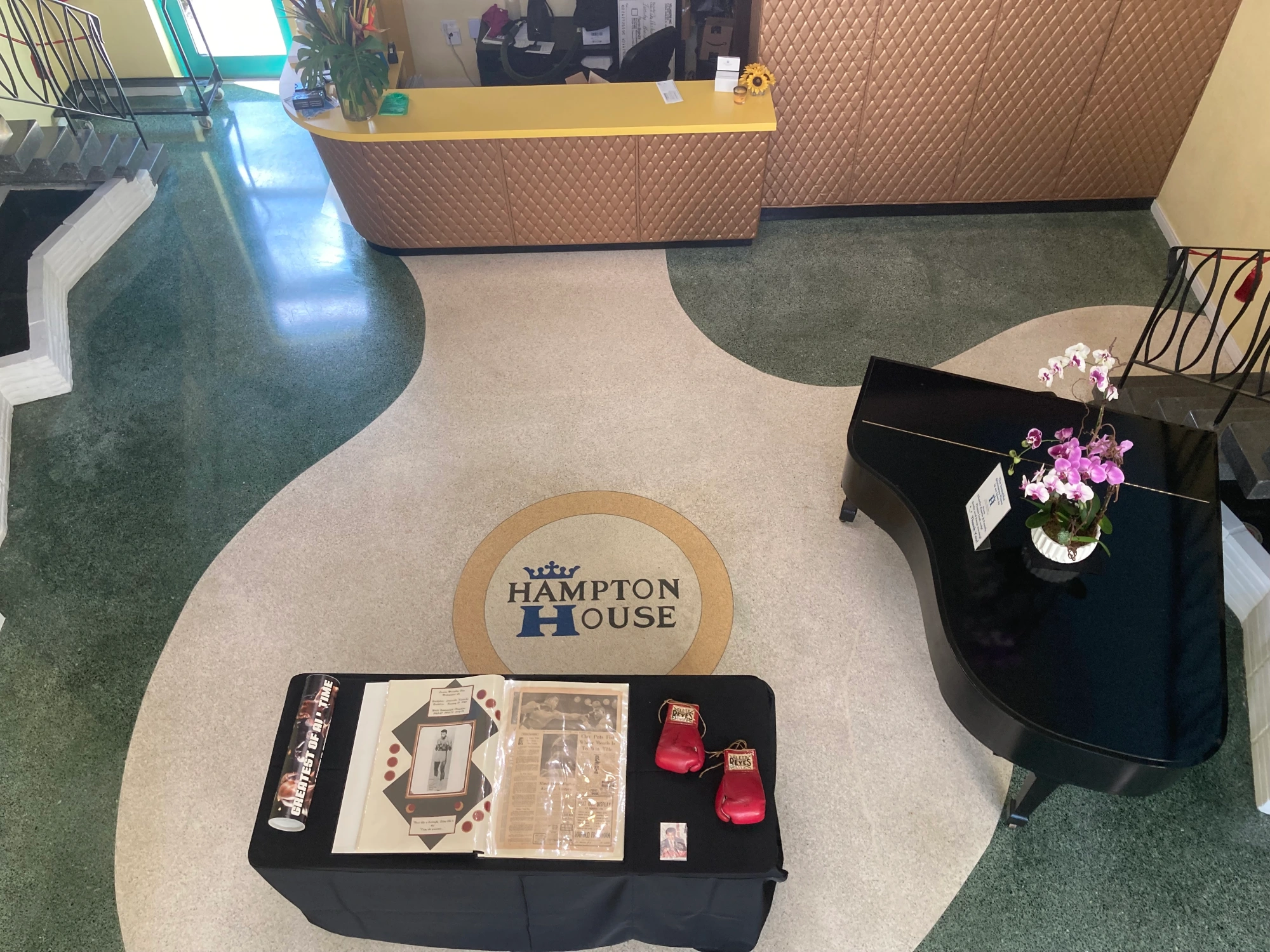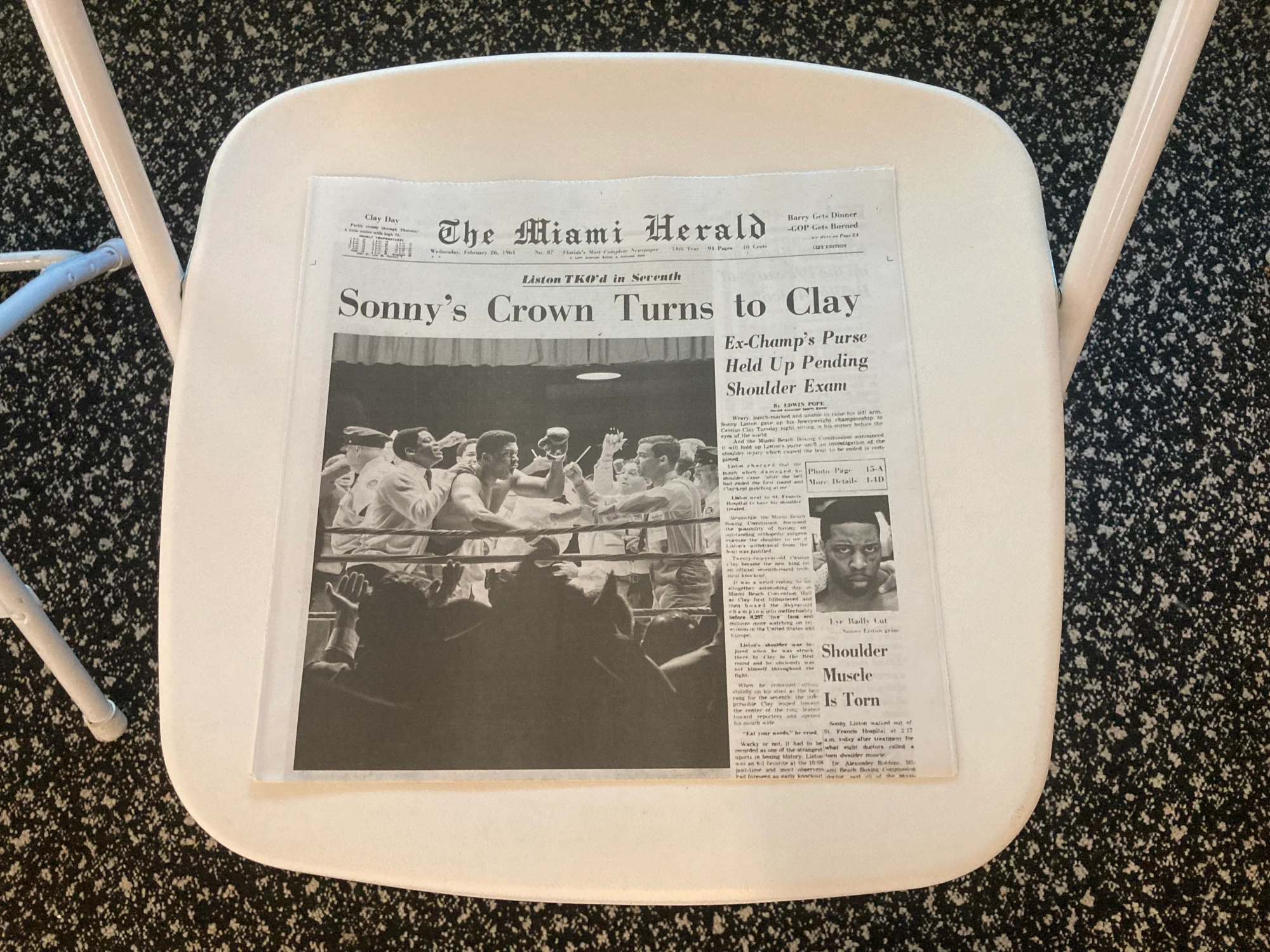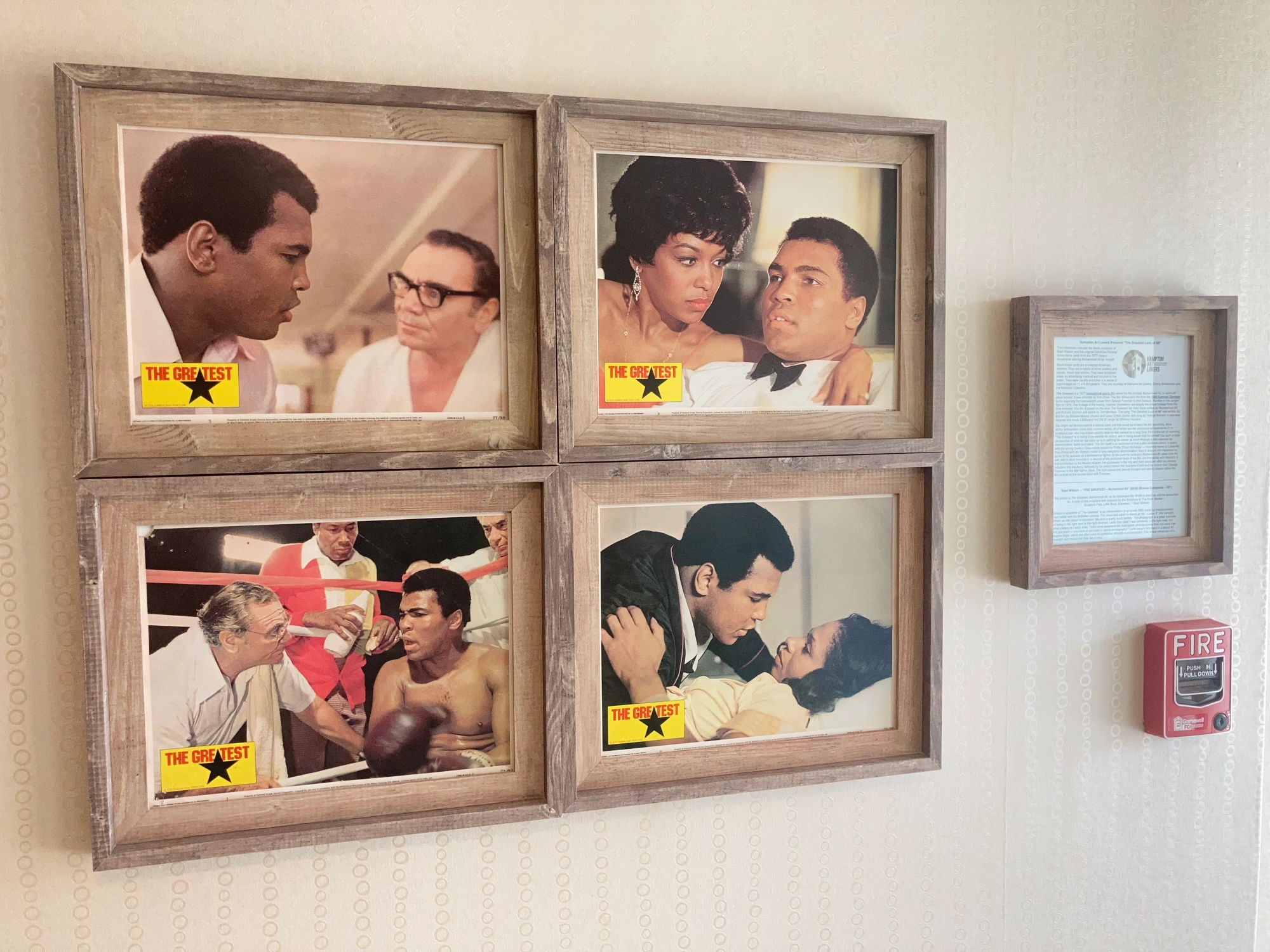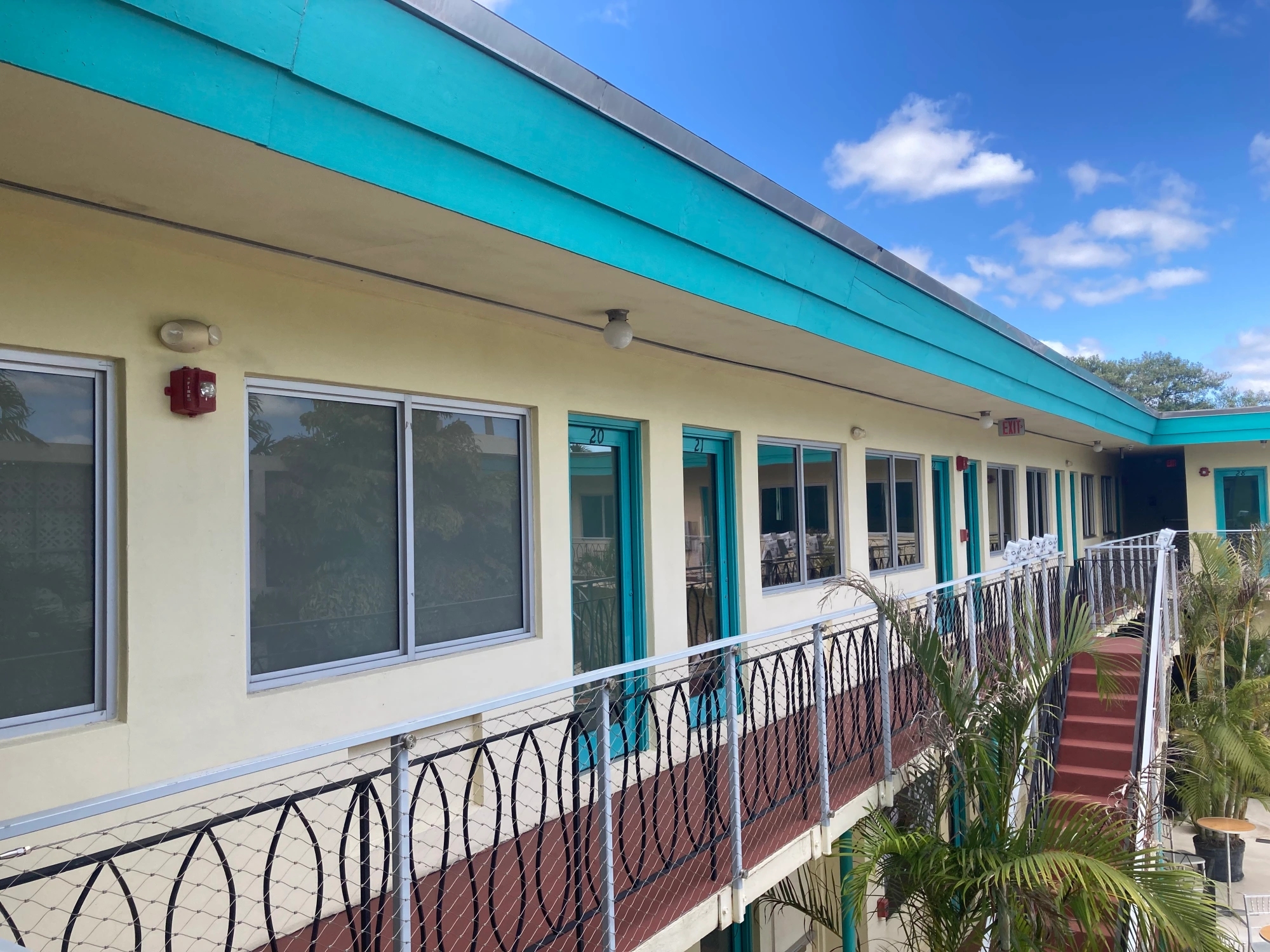It wasn’t without a motive that Muhammad Ali called himself “The Greatest.” His story, some would say, allowed him the honor such a title. Wherever he went and whomever he met became part of history.
“Welcome to Miami Beach and the giant convention hall for what may be the richest heavyweight championship of all times,” said the fight commentator as he welcomed to the ring heavyweight boxing champion Sonny Liston and young Cassius Clay today known as Muhammad Ali.
After that famous match, on Feb. 25, 1964, defying the odds, Ali was declared the new heavyweight champion. Part of what made the fight remarkable was that most people did not see the punch that took Liston down.
While in Miami, Ali stayed at the historic Hampton House, back then, among the segregated society, “the place to see and be seen in Miami’s black community.” There, he celebrated his victory with Malcolm X, an African-American Muslim minister and human rights activist, his former wife, Khalilah Camacho Ali and other close friends and public figures.
Now, more than half a century later, Camacho is preparing to publish a new book about their marriage and its powerful effect not just on their lives but on the world, “The Forgiveness – The Untold Story.”
Camacho met Clay when she was only 10 years old. They were married from 1967 until 1976 and had four children.
“We were a couple that worked for the civil rights movement,” said Camacho. “During the era of Martin Luther King and Malcolm X, we went to a lot of the organization meetings to clarify that they have a right to speak and a right to be recognized as human beings and recognized that they are capable of leadership.”
In a recent interview, Camacho said Clay, who in 1967 changed his name to Muhammad Ali, opened a lot of doors for African Americans in sports and for other fighters to get higher salaries.
Camacho was, in fact, one of the people who introduced Ali to the Islam religion. She followed the religion from a young age and guided him through the journey of adopting the same faith.
“It was because of me he wanted to follow in my footsteps,” she added. “I was inspiring to him at that time.”
Camacho explained most people do not know about her influence on Ali’s decision because she didn’t publicly share her side of the story until now.
In her new book, she talks about how she advised Ali to refuse induction into the U.S. Army during the Vietnam War.
“I told him he shouldn’t go because Muslims don’t fight white men’s war. We only fight when we are fought upon. We defend ourselves.” she said. “We don’t do that. We rather go to jail first.”
Camacho also stated she was the one who encouraged him to acquire a new name from Cassius Clay to Muhammad Ali.
“Everybody keeps saying he changed his name, but he didn’t change his name. It was given to him,” she clarified.
After he refused to join the war, Ali was criminally indicted, stripped of his championship, and prevented from boxing for several years. Until 1971, when the U.S. Supreme Court overturned his conviction.
After the 1964 fight, the couple visited a location that is now recognized as a part of Black American history and conveys a story similar to Camacho’s. One that not many people are familiar with.
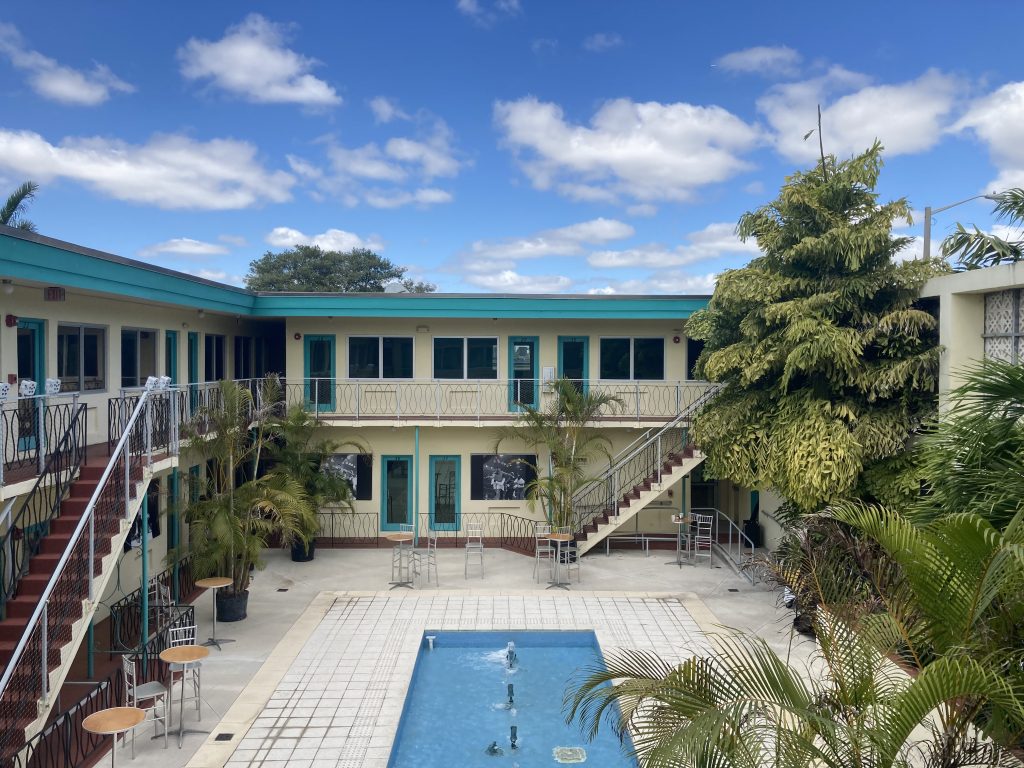
Located in Brownsville, North Miami, The Hampton House functioned as a popular motel for the African American community until 1976, after the passing of the Civil Rights Act of 1964. Some of the most prominent personalities of the era, such as Sammy Davis Jr., Nancy Wilson, and Sam Cooke, performed and stayed at the Hampton House. Dr. Martin Luther King Jr. also visited the place.
It was later abandoned, but the county bought the building and, with the help of County Commissioner Audrey M. Edmonson, acquired enough funds to restore part of the facility, starting in 2015.
The building currently has a museum, a library and archives, a patio, a cafe and a community room — the latest three can be rented for private events.
The release of the film “One Night In Miami,” directed by Regina King, in 2020 brought more attention to the facility. The movie narrates a fictionalized version of what happened before and after the 1964 fight.
The film received an excellent approval rate among viewers and favorable feedback from multiple critics.
“One Night in Miami” is a casually entrancing debate about power on the part of those who have won it but are still figuring out what to do with it,” wrote Owen Gleiberman on his film review for Variety.
This past February The Hampton House celebrated the legacy of Muhammad Ali’s significant victory by conducting a three-day inaugural festival.
For more information on the Hampton House future events, please visit EVENTS & TICKETS.
